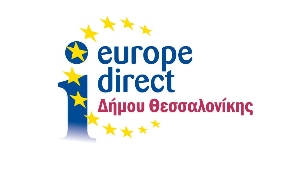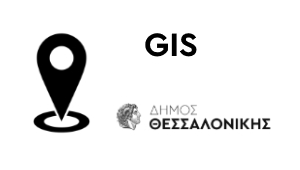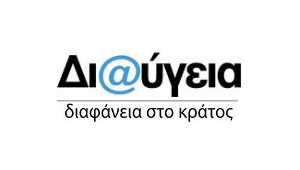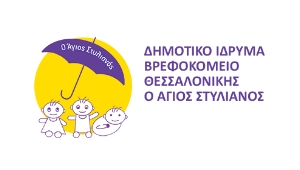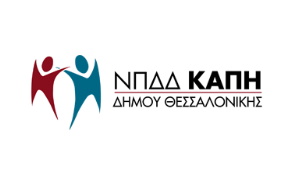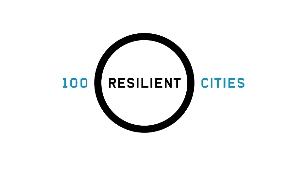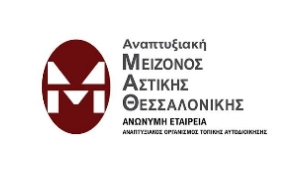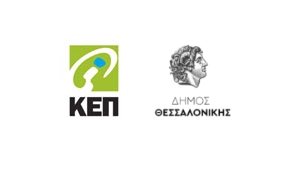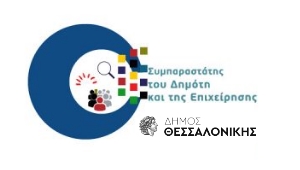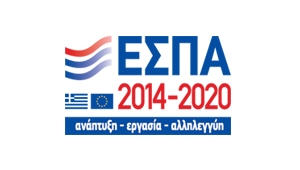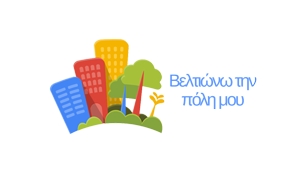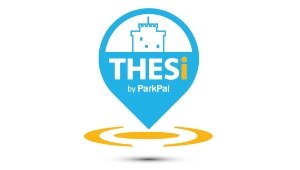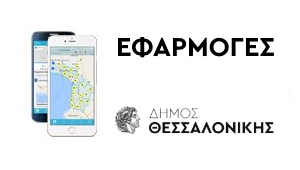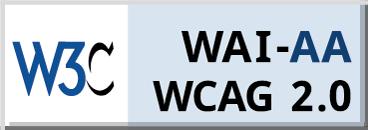
Purpose
The overarching purpose of the Steering Committee is to ensure that the Earth Observation for Sustainable Cities and Communities Toolkit responds to the monitoring needs and supports and guides countries and cities in the use of Earth observations for Sustainable Development Goal (SDG) 11 and the New Urban Agenda (NUA) themes. This includes various levels of SDG planning, monitoring, reporting and implementation.
By joining the “Earth Observation for Sustainable Cities and Communities” Toolkit Steering Committee, participants agree to actively contribute to the toolkit development, participate in various activities associated with the toolkit such as evaluation of usability of different Earth observation (EO) products for local monitoring activities, make their Earth observation (EO) data and methods available via the Toolkit, while taking into account anonymization of sources and other data privacy issues, be willing to allow for reviews of the data applied in use cases, allow for the sharing of their use cases at various conferences and meetings, and where applicable be advocates of EO for urban monitoring.
More specifically, the coordination will be designed to achieve the following objectives:
- Identification of local monitoring needs that should be addressed through the Toolkit
- Increasing coordination across GEO Work Programme activities, participating organizations, external partners and related stakeholders of relevance.
- Sharing of guidance, relevant datasets and tools, and innovative approaches on how EO data and technologies and advances in cloud computing platforms can be applied to enable fast and cost effective access to, and use of, EO for SDG 11 and the NUA by countries and cities
- Connecting national, sub-national, and city experiences with the aim of fostering coordination and collaboration among technical analysts, EO experts and decision makers regarding the role and potential contributions of EO in support of SDG 11 and the NUA
- Enhancing countries and cities’ capacity via direct technical support from GEO, CEOS, UN Habitat, and other contributing partners.
- Becoming a global reference point and “go to” place for city to city and country to country learning.
To achieve these objectives, the Steering Committee will:
- Develop and share overall guidance on the contributions of EO for SDG 11 and NUA monitoring, reporting, and implementation via the Toolkit
- Promote openness, traceability and access to relevant EO data, tools and platforms by developing, sharing and updating an inventory of existing EO data and tools, accompanied by short guidance on their relevance and applicability for SDG 11 indicators/ NUA topics, to be made available via the Toolkit
- Assess additional datasets and tools for relevant urban SDG indicators and NUA topics for inclusion in the Toolkit, based on criteria (to be defined, e.g., peer-reviewed, spatial scope, resolution)
- Compare published estimates of SDG indicators in cities or local data available with indicator estimates based on global EO products, and suggest improvements and strategies based on local user needs and constraints.Share findings, including locally calibrated methodological guidance, via the Toolkit.
- Document and share country and city-level experiences, including EO good practice use cases, for urban monitoring, including locally developed innovations
- Promote learning and capacity development through step by step guides, online trainings, recordings, presentations, news on upcoming trainings, as well as testimonials from countries that have been supported through the Toolkit
- Serve as a platform for countries and cities to request direct support or submit questions on how to use EO for SDG 11 and NUA monitoring
- Facilitate peer to peer learning by enabling countries, cities and EO experts to link to each other directly through shared contacts
- Advocate increased use of EO for urban monitoring, including encouraging other countries to adopt methods and tools through showcases
- Learn and be part of exploring new funding opportunities to improve national and sub-national reporting of SDG 11 and the NUA
The Municipality of Thessaloniki actively participates in the activities of the Commission, promoting the good practices it applies in the use of Earth Monitoring (EO), with satellite data tools. A first result of the Commission’s work is the EO Toolkit platform, which you can visit here.
SDG 11/NUA Toolkit – Steering Committee Kick-Off Workshop
October 22, 2020
List of Participants
Steering Committee Members in blue
| Name | Organization | |
| Andrea Gaughan | University of Louisville | |
| Andrii Shelestov | Space Research Institute of Ukraine | |
| Anna Markowska | IGiK (Poland) | |
| Argie Kavvada | NASA | |
| Bob Chen | CIESIN, Columbia University | |
| Carolina Gomez | Humboldt Institute, Colombia | |
| Chu Ishida | JAXA | |
| Dariusz Dukaczewski | IGiK, Poland | |
| Dengsheng Lu | Fujian Normal University | |
| Dennis Mwaniki | UN Habitat | |
| Douglas Guell | National Institute of Statistics and Census of Costa Rica | |
| Dylan Weakley | Johannesburg, South Africa | |
| Dilek Fraisl | International Institute for Applied Systems Analysis | |
| Eric Mackres | World Resources Institute | |
| Evangelos Gerasopoulos | National Observatory of Athens | |
| Ivan Avila | PRIAS Laboratory, Costa Rica | |
| Jessica Chau | NASA | |
| Jimena Juarez | National Institute of Statistics and Geography, Mexico | |
| Jorge Castro | Ministry of Planning, Costa Rica | |
| Juan-Carlos Goilo | Amsterdam, Curacao | |
| Juan Guillermo Gil Garcia | Pereira, Colombia | |
| Laura Zumbado | Municipality of Garabito, Costa Rica | |
| Laurent Durieux | Institute of Research for Sustainable Development, France | |
| Maryam Rabiee | UN Sustainable Development Solutions Network | |
| Mattia Marconcini | German Aerospace Center | |
| Monika Kuffer | University of Twente | |
| Peter Elias | Lagos, Nigeria | |
| Rafael Monge | Ministry of Environment & Energy, Costa Rica | |
| Richard Bellingham | Institute for Future Cities, University of Strathclyde | |
| Robert Downs | CIESIN, Columbia University | |
| Rory Dunlee | European Association of Remote Sensing Companies | |
| Simos Misirloglou | Municipality of Thessaloniki, Greece | |
| Thomas Kemper | European Commission, Joint Research Centre | |
| Wehui Kuang | Chinese Academy of Sciences | |
| Wille Marcel | Humanitarian OpenStreetMap Team | |
| Yifang Ban | KTH Royal Institute of Technology |


